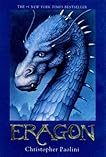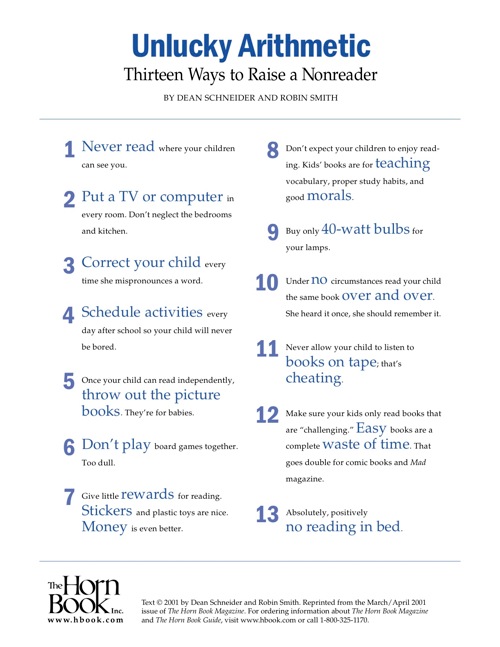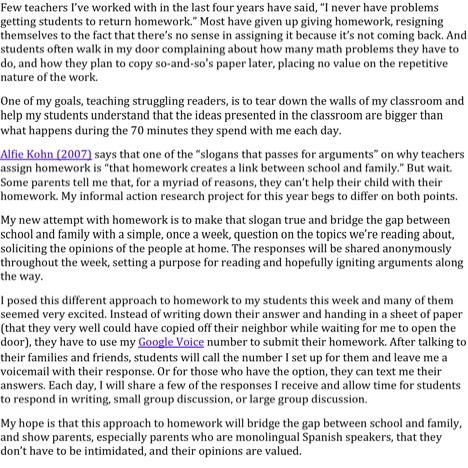 Thirteen Reasons Why by Jay Asher My rating: 4 of 5 stars
Thirteen Reasons Why by Jay Asher My rating: 4 of 5 stars
I was putting off writing a review for this book only because I gave it to a student as soon as I was done. It was one of those books that I walked past in the bookstore for ages, wondering what it was about... 13 reasons for what? This is Jay Asher's debut novel, and I must say, I'm incredibly impressed. As I was reading, I felt the same anxiety that Clay Jensen did, wondering what part he played in the suicide of one of his classmates. The novel follows one student as he tries to figure out why the tapes (the novel is essentially the following of an elaborate suicide note left to 14 members of Hannah Baker's class).
This novel is sad. There's no two ways around that one. It deals with bullying, and suicide and its aftermath, but it's told with a hint of mystery. I have to admit that as I was reading this one, I was secretly hoping that in the end it would all turn out okay.
Additionally, check out the Jay Asher's website. The link I've listed here is the link to the page with the video/audio recording of Hannah Baker's tapes. The book is essentially Hannah's tapes with Clay's commentary, so a big part of the story lies solely in these tapes. If you don't want to cry, don't listen.
http://www.thirteenreasonswhy.com/tapes.php





